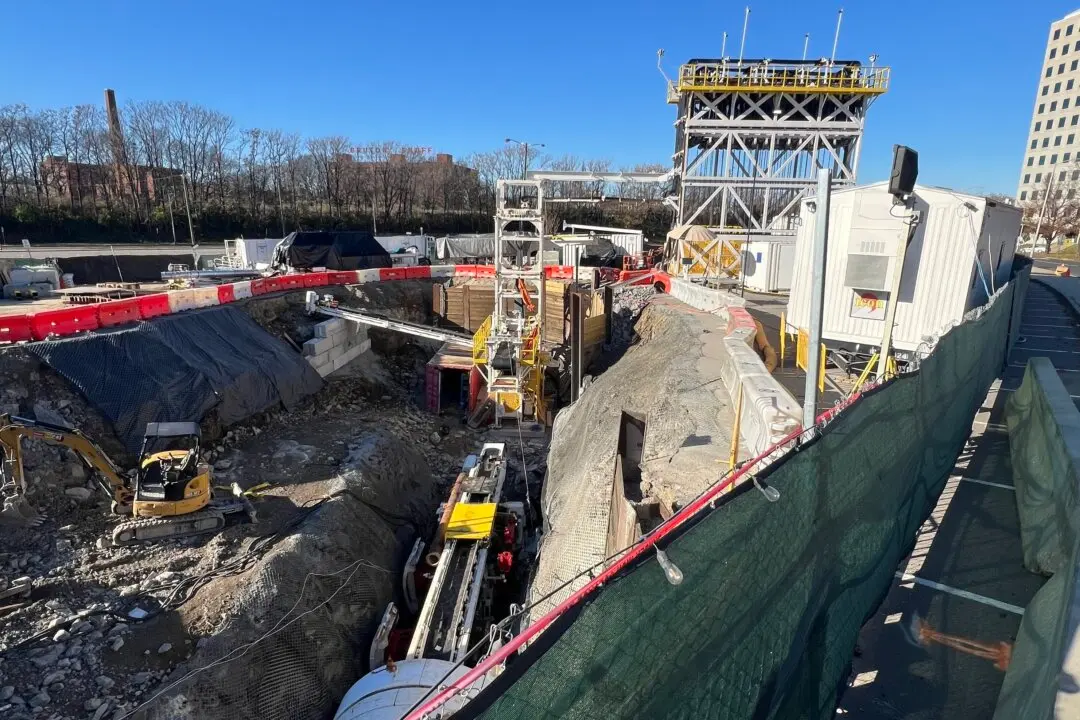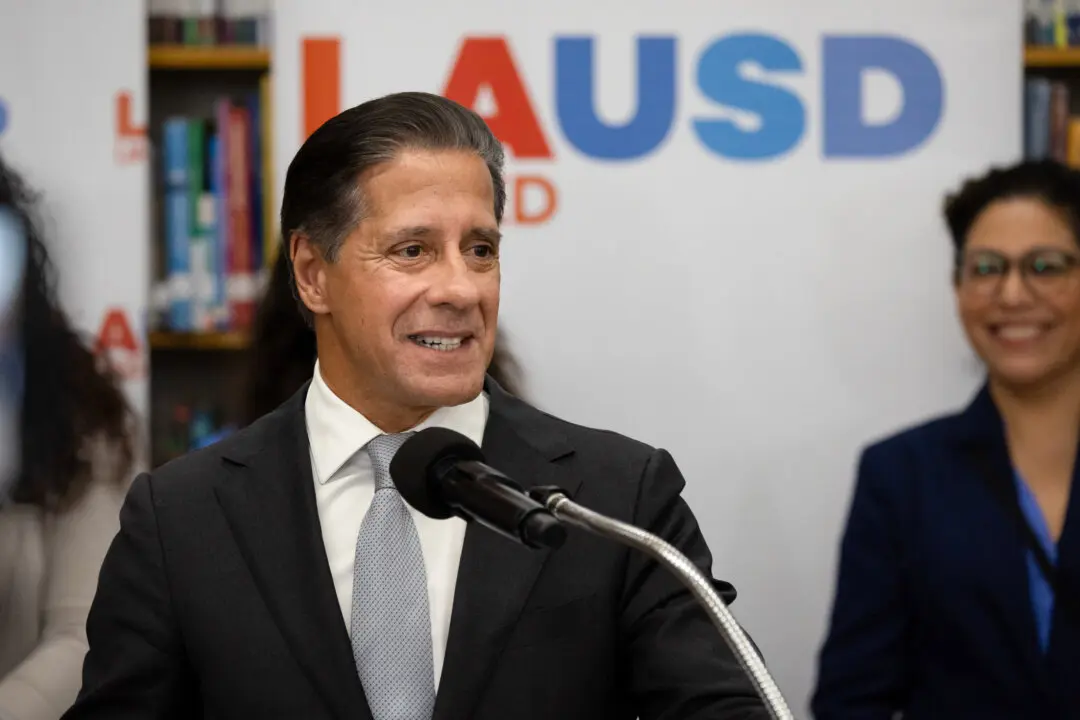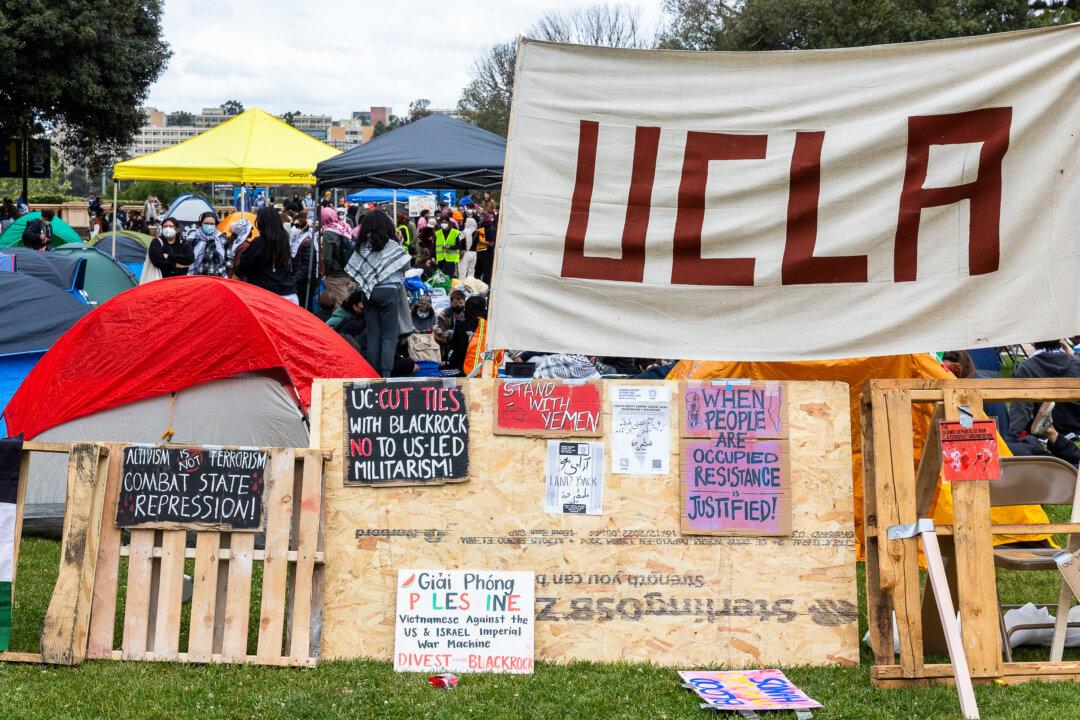Los Angeles was allowed to bring back a pandemic-era “zero bail” policy on May 24 following a judge’s decision to bar the city and county from demanding cash bail from arrestees who haven’t yet been arraigned.
The decision (pdf) by California Superior Court Judge Lawrence Riff placed a preliminary injunction on resuming the county’s pre-COVID-19 bail policy on May 16. As a result, suspects arrested for nonviolent crimes will again be released without bail while they wait for a court date.





